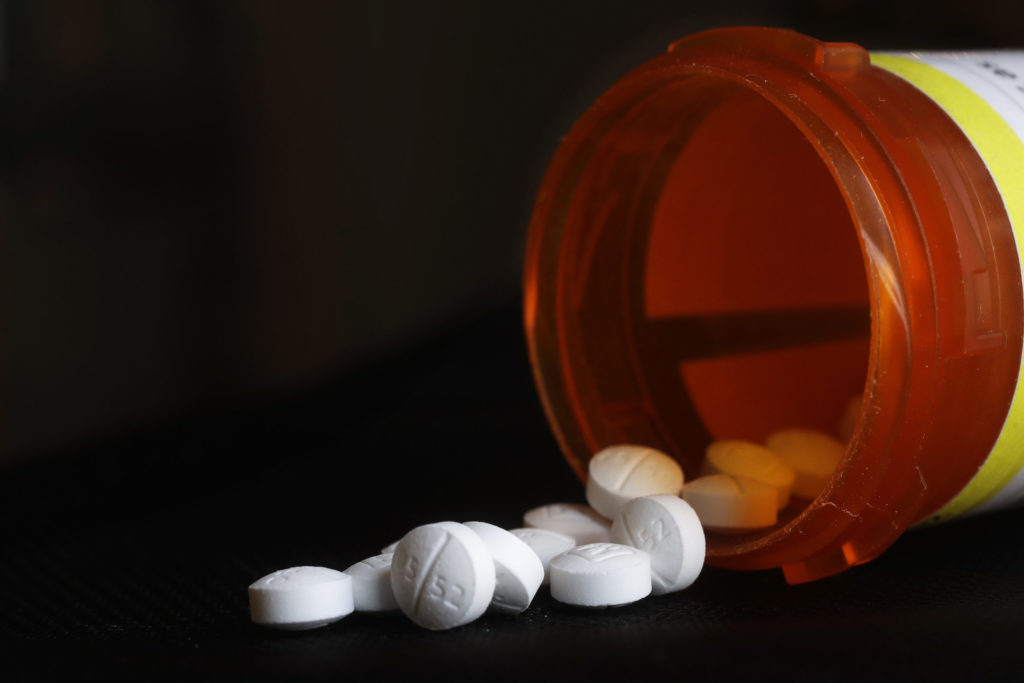When drugs take a child: new Greenpoint haven for hoping and coping
“We all have the same story. We lost these wonderful people to this horrible disease.”

On a recent evening in the basement of St. John’s Lutheran Church in Greenpoint, Sia Hanratty stood up and addressed a local precinct community council meeting. She would soon be holding grief recovery meetings in the same location, specifically for people mourning loved ones who died from substance use, she informed the room.
Hanratty paused for a moment when mentioning her 26-year-old son who overdosed on opioids almost 10 years ago, and the difficult grieving process that followed.
For years after her son’s death, the Greenpoint mother visited different support groups, but when time came for her to share her story, people in the room frequently seemed to judge her, sometimes asking why her son couldn’t just stop taking drugs. About nine years after his death, Hanratty found support through regular meetings in Midtown Manhattan from the national group Grief Recovery After a Substance Passing (GRASP), filled with people who bonded over losing someone from drug use.
